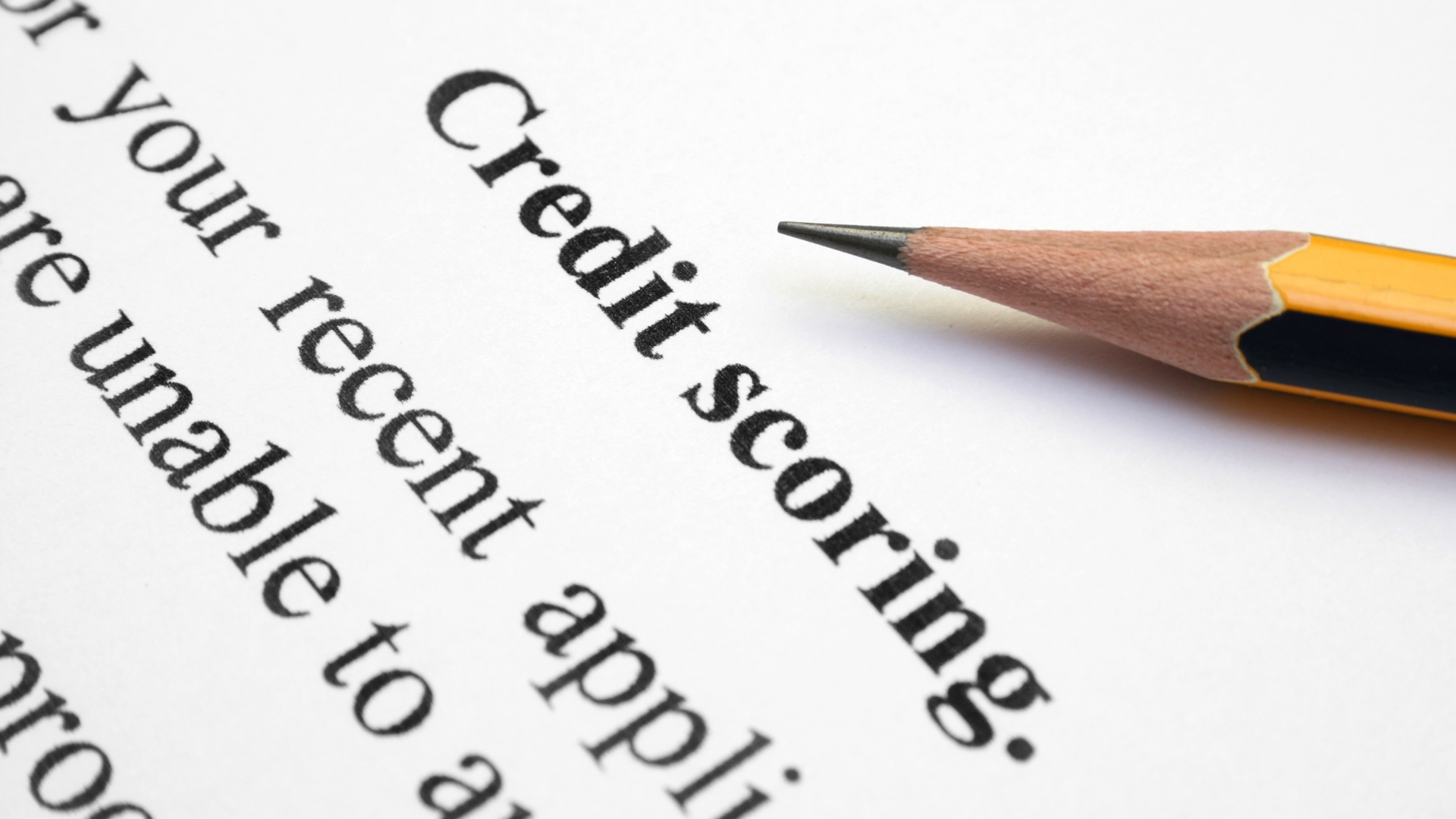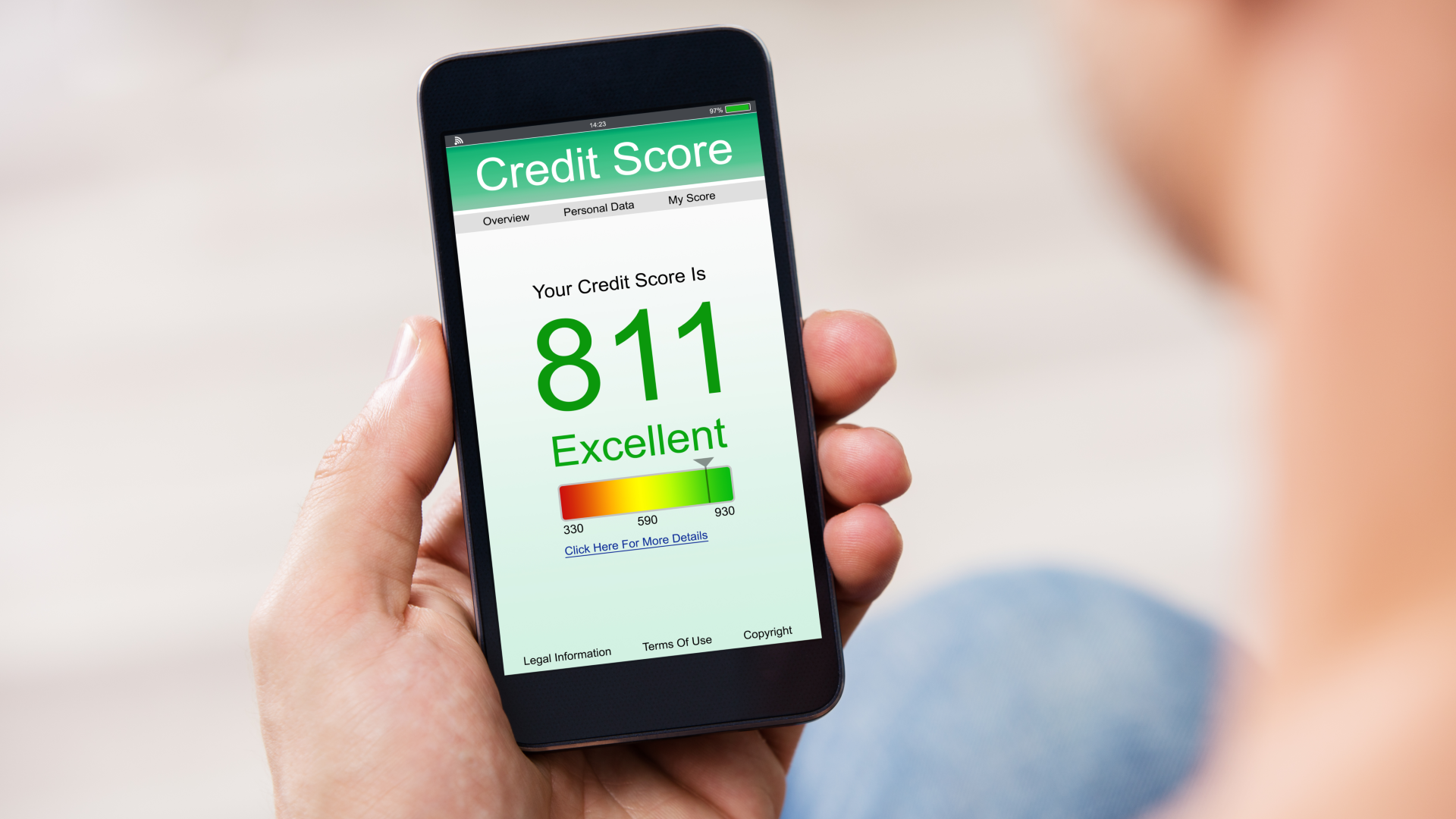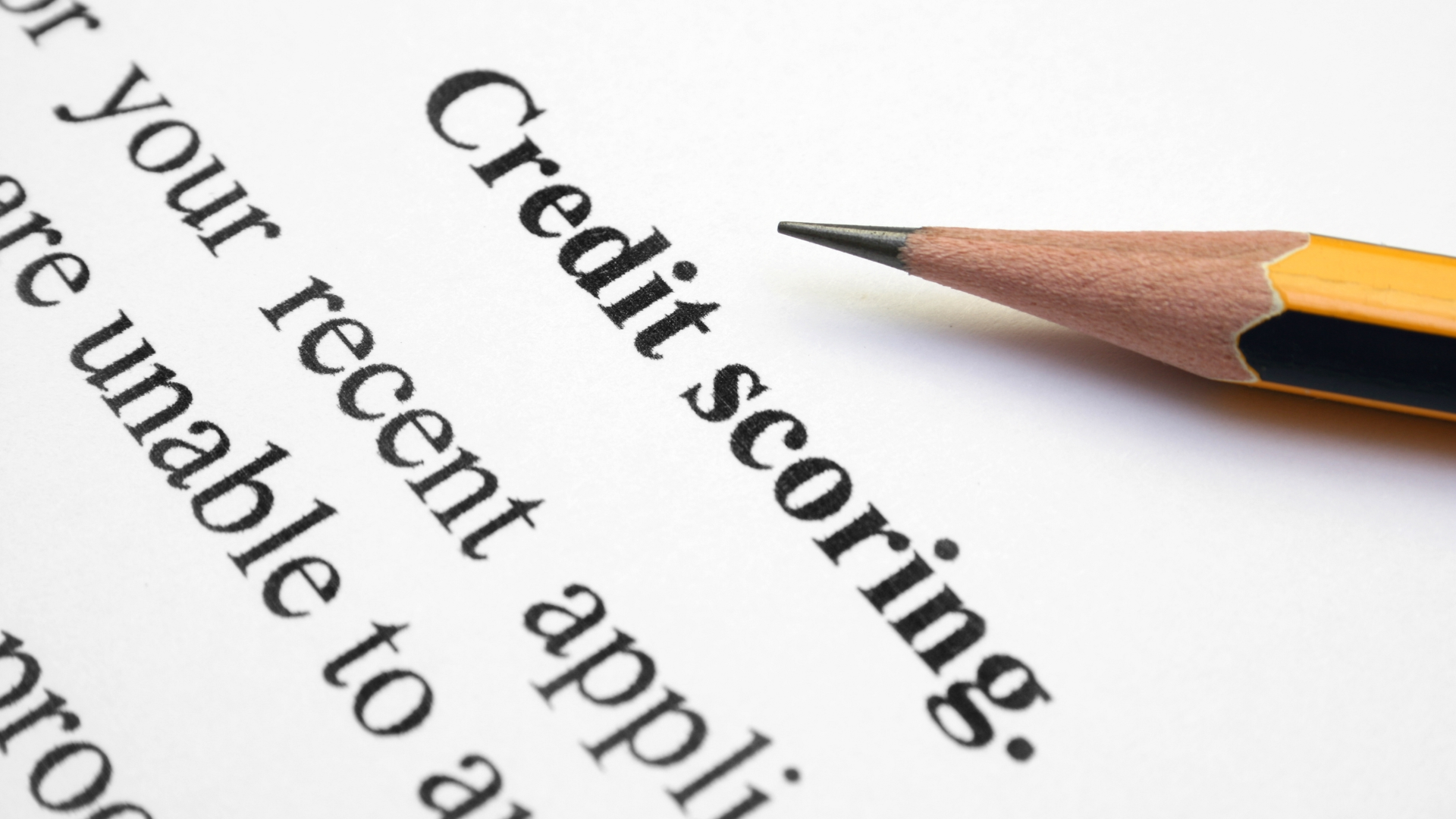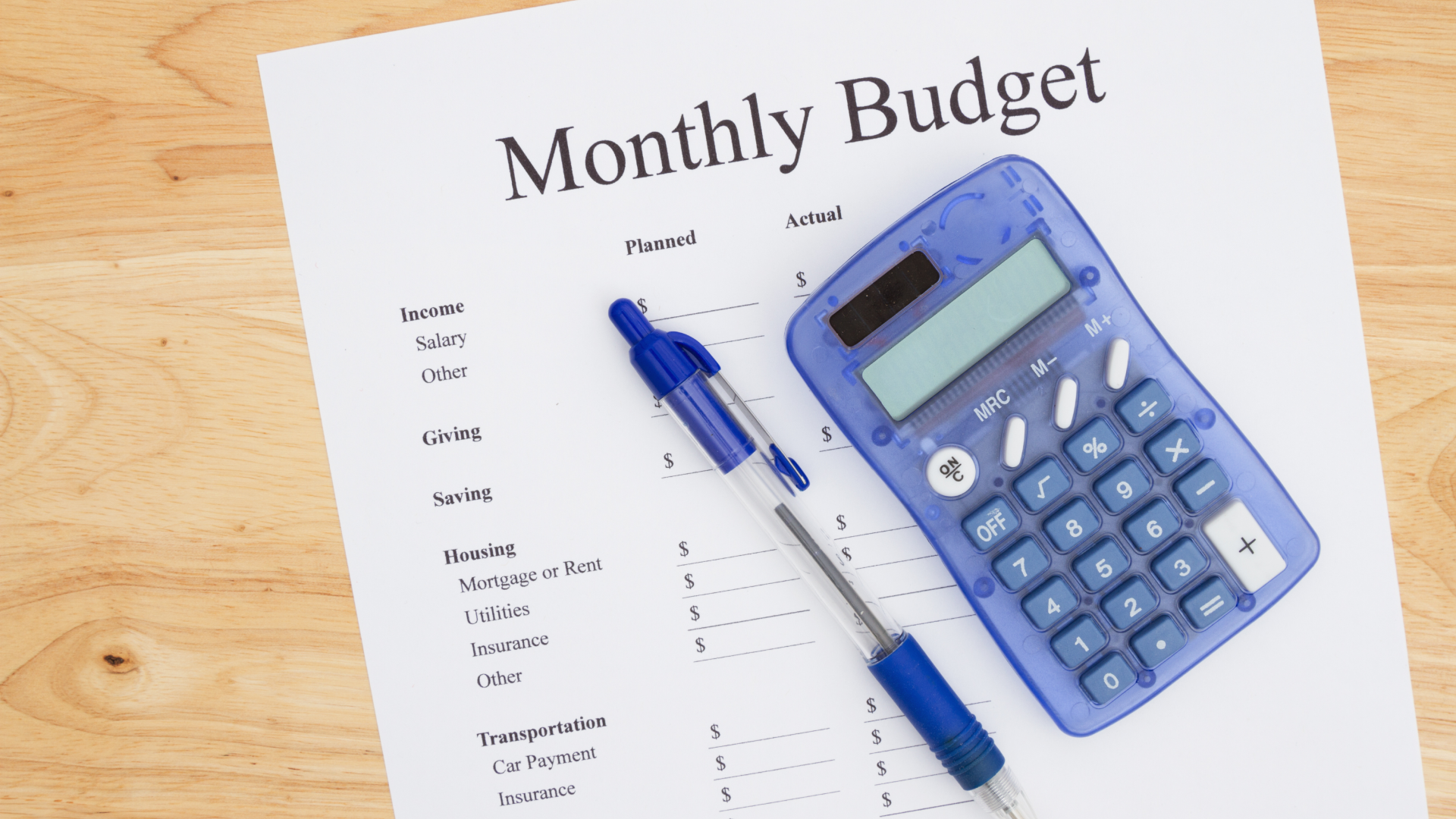A superb credit score rating is one which helps exhibit to collectors that you simply’re more likely to make funds in your debt as agreed. However what’s the magic quantity your rating should rise above to be thought-about good, and the way do you get there? Discover out extra within the fast information to good credit score scores under.
Understanding Credit score Rating Ranges

Credit score scores are generated by credit score scoring fashions. These fashions keep in mind the data in your credit score report at one of many three main credit score bureaus. Utilizing complicated mathematical algorithms, the scoring mannequin comes up with a three-digit quantity that works as a type of beacon, telling lenders and others how your creditworthiness may stack up.
The dimensions is from 300 to 850, with increased being higher. That’s a easy sufficient idea: The upper your rating, the higher your credit score. Nevertheless it will get extra complicated from there.
Two Credit score Scoring Fashions
There are two main credit score scoring fashions: VantageScore and FICO®. The rating it’s worthwhile to have “good” credit score is barely totally different for every.
VantageScore Credit score Ranges
- 300-499: Very poor
- 500-600: Poor
- 601-660: Honest
- 661-780: Good
- 781-850: Glorious
FICO Rating Credit score Ranges
- 300-579: Poor
- 580-669: Honest
- 670-739: Good
- 740-799: Excellent
- 800-850: Distinctive
What Impacts a Credit score Rating?

Now that you recognize the place you must fall on the scales to have good or higher credit score, you may marvel what impacts your rating. In response to Experian, which is without doubt one of the three main credit score bureaus, 5 components account for many of your rating whatever the scoring mannequin.
In the end, every of those components helps inform a narrative about your threat as a borrower. The credit score scoring fashions put all that info collectively and provides it an general rating.
1. Fee Historical past
Fee historical past refers to how nicely you’ve paid your money owed prior to now. This is without doubt one of the most essential, if not most essential issue. That’s as a result of the belief is that if you happen to miss funds or default on debt, you’re extra probably to take action once more within the close to future.
The vast majority of lenders — together with banks, mortgage corporations and bank card corporations — report back to a minimum of one of many three main credit score bureaus. Which means they inform the credit score bureaus whether or not or not you made month-to-month or different funds as you agreed. In case you’re late with funds, they could present details about how late and the way usually.
Any sort of late cost generally is a adverse hit to your credit score rating. Later funds, comparable to 90 days late, generally is a larger hit. And if you happen to by no means catch up and find yourself defaulting on a mortgage or different debt obligation, the rating drop may be even larger.
2. The Quantities You Owe
The extra you owe to different individuals, the riskier a borrower you could be. For instance, if you happen to’re totally leveraged paying again loans and bank cards you have already got, are you going to have the ability to pay again a brand new mortgage too?
Whereas your whole quantity of money owed general is an element, your credit score utilization is much more essential. Credit score utilization is the quantity of revolving credit score restrict you’ve used.
For instance, if in case you have three bank cards with a complete credit score restrict of $10,000 and you’ve got a complete steadiness of $6,000, your credit score utilization charge is 60%. That’s thought-about pretty excessive. Experian notes that it’s a good suggestion to maintain your credit score utilization at 30% or much less of your limits.
3. How Lengthy You’ve Had Credit score
The general age of your credit score counts for one thing, which is sensible. In case you’ve managed credit score positively for some time, meaning you’ve expertise dealing with funds and paying money owed on time.
How lengthy you’ve had credit score interval performs a task right here. In case you simply obtained your first bank card or mortgage three months in the past, for instance, you don’t have sufficient credit score historical past for scoring. In case you’ve had credit score constantly for years, you’ve a prolonged historical past to base a rating on.
The common age of your open accounts additionally issues. If you’re continuously opening and shutting accounts in order that your open accounts are solely ever a couple of months previous, that’s not excellent on your credit score. You need a minimum of a couple of accounts that you simply’ve had for some time so you’ll be able to exhibit optimistic administration of debt over time.
4. The Number of Credit score Sorts on Your Reviews
A superb mixture of credit score performs a task in your rating. In the end, lenders need to see that you would be able to handle various debt varieties, so it’s a good suggestion to have each revolving and installment accounts in your credit score historical past. By various the varieties of credit score you’ve entry to, you’ll be able to enhance your rating.
5. New Credit score and Credit score Inquiries
With credit score utilization charge being a key issue, you may suppose that making use of for brand new credit score accounts is a straightforward solution to elevate your rating. This isn’t straightforwardly true, although. Whereas extra whole entry to credit score is higher on your rating in the long term, it’s all however assured to take a dip within the short-term if you apply for brand new accounts.
Laborious inquiries, that are inquiries in your credit score report associated to a lender evaluating you for a mortgage or different credit score product, can carry your rating down a bit. Get a bunch of them in a brief time period, and the hit might be sufficient to pull you out of the great credit score rating vary. And laborious inquiries that lead to a denial are even worse — not solely does your rating take the short-term hit from the laborious inquiry, however you’ll find yourself with no new credit score to indicate for it.
Ideas for Getting a Good Credit score Rating

With all that in thoughts, listed here are some methods you’ll be able to work to construct or enhance your credit score so you’ve a greater rating:
- Make all of your funds on time. Fee historical past is a large issue, and if you happen to miss funds or default on debt, you’ll have a tough time rising to an excellent credit score rating it doesn’t matter what you do.
- Handle bank cards correctly. Keep away from working up bank card balances if doable. Owing greater than 30% of your credit score restrict in your playing cards could trigger a adverse hit to your rating.
- Test your credit score experiences and search for errors. One thing so simple as a typo can doubtlessly result in a lower-than-necessary credit score rating. Get your free credit score rating at annualcreditreport.com. In case you discover any info you suppose is an error, dispute it.
- Search for credit-building merchandise. Secured bank cards or one possibility. Loans which are doable to get authorised for with dangerous or lackluster credit score are an alternative choice. Simply be sure you pay your money owed on time and that you simply work with corporations that report back to all three credit score bureaus so that you get the optimistic advantage of your laborious work.
Clever Mortgage experiences to 2 of the three credit score bureaus, and also you don’t want good credit score to get authorised for one in every of our loans. Apply in the present day to get began.
The suggestions contained on this article are designed for informational functions solely. Important Lending DBA Clever Mortgage doesn’t assure the accuracy of the data offered on this article; just isn’t chargeable for any errors, omissions, or misrepresentations; and isn’t chargeable for the implications of any choices or actions taken on account of the data offered above.








